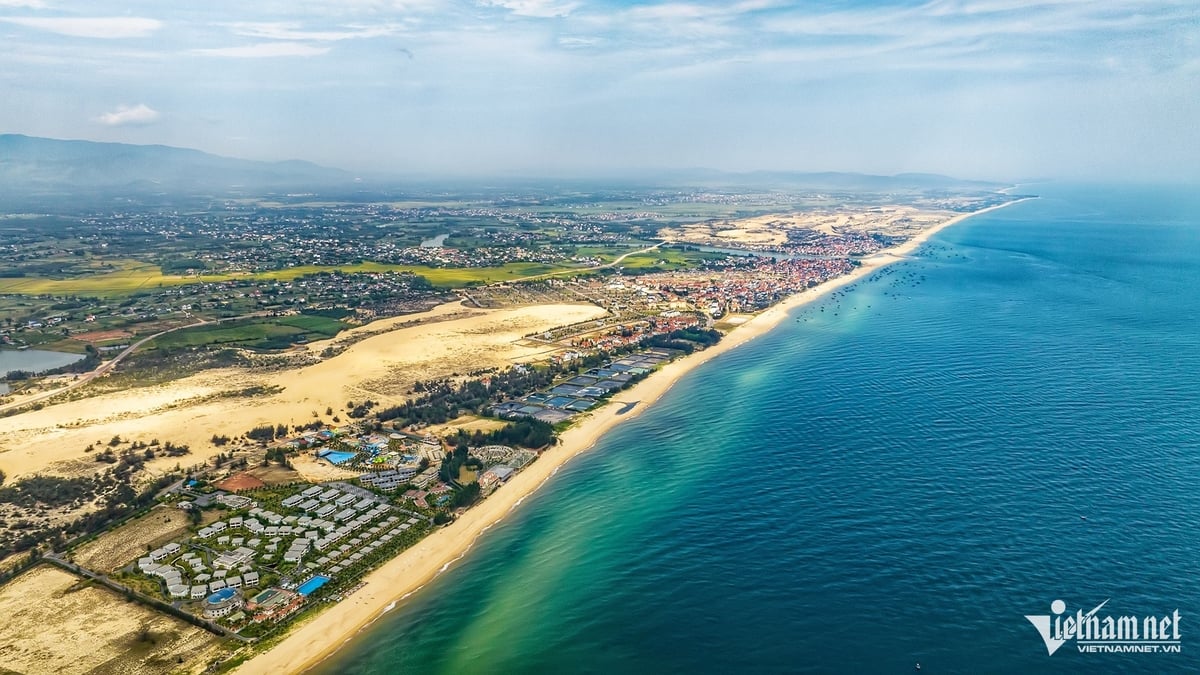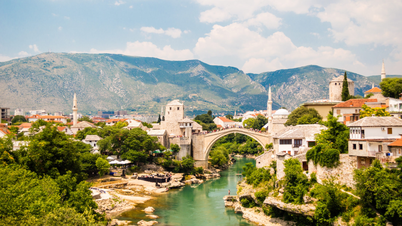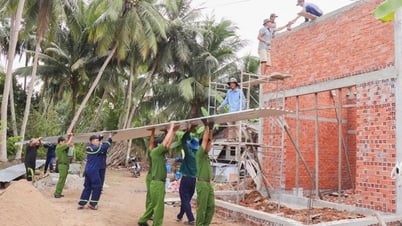The World Health Organization (WHO) on January 23 issued an urgent warning about measles in Europe with more than 30,000 cases between January and October 2023. The number in 2022 was 941 cases.
According to the WHO, 2 out of 5 measles cases are in children between the ages of 1 and 4. Meanwhile, 1 out of 5 cases are in people over the age of 20. This trend is expected to get worse if people do not get their children vaccinated.
“We have seen not only a 30-fold increase in measles cases in the region, but also nearly 21,000 hospitalizations and five measles-related deaths (reported in two countries),” said Dr Hans Kluge, WHO Regional Director for Europe.
Vaccination is the only way to protect children from this potentially dangerous disease, according to Dr. Hans Kluge. Urgent vaccination efforts are needed to stop the spread of the disease.
Measles cases have been reported in 40 of the 53 countries in the European region. Russia and Kazakhstan have the highest number of cases with around 10,000 each, while the UK has the most cases in Western Europe with 183.
Measles can be a serious illness at any age, experts say. It usually starts with a high fever and rash, and usually clears up within 10 days, but complications can include pneumonia, meningitis, blindness and seizures.
Babies too young to receive their first dose of vaccine, pregnant women and people with weakened immune systems are at highest risk. During pregnancy, measles can lead to miscarriage or low birth weight.
Health officials warned that cases were still rising and "urgent measures" were needed to prevent further spread.
The alarming rise in measles cases in Europe over the past year is believed to be due to a lack of vaccination against measles among children during the Covid-19 pandemic. Around 1.8 million infants in the WHO European Region did not receive the measles vaccine between 2020 and 2022.
Minh Hoa (according to Thanh Nien, BĐT Communist Party of Vietnam)
Source






![[Photo] Prime Minister Pham Minh Chinh chairs Government Standing Committee meeting on Gia Binh airport project](https://vphoto.vietnam.vn/thumb/1200x675/vietnam/resource/IMAGE/2025/5/10/6d3bef55258d417b9bca53fbefd4aeee)

























![[Photo] General Secretary To Lam holds a brief meeting with Russian President Vladimir Putin](https://vphoto.vietnam.vn/thumb/1200x675/vietnam/resource/IMAGE/2025/5/10/bfaa3ffbc920467893367c80b68984c6)






































































Comment (0)